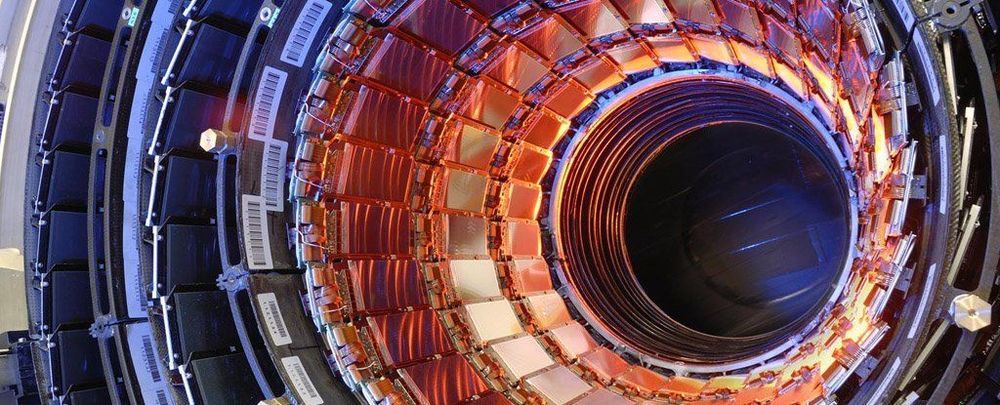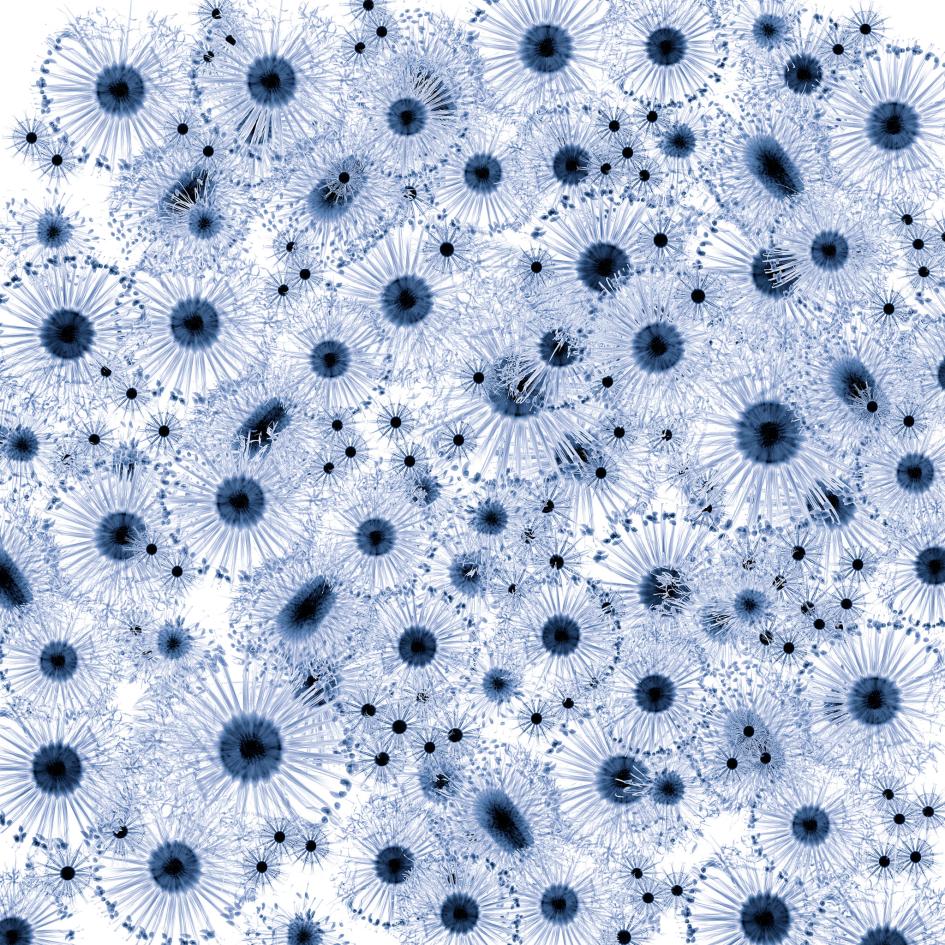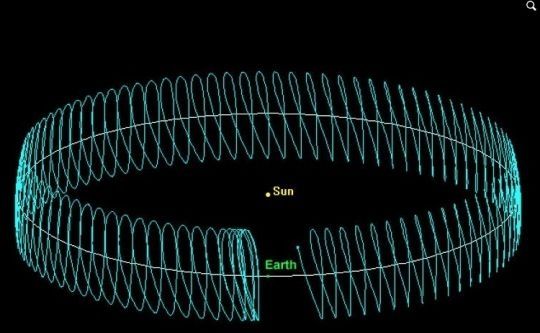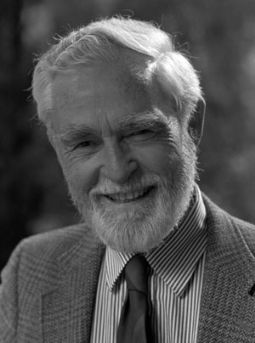Climate change is a sprawling, complex problem. But there is an astonishingly simple way to make a difference: plant more trees. Trees scrub pollution from the air, reduce erosion, improve water quality, provide homes for animals and insects, and enhance our lives in countless other ways.
It turns out that ecosystem restoration is also an emerging business opportunity. A new report from the World Resources Institute and the Nature Conservancy says governments around the world have committed to reviving nearly 400 million acres of wilderness — an area larger than South Africa. As countries push to regrow forests, startups are dreaming up new, faster ways to plant trees. For some innovators, like NASA veteran Dr. Lauren Fletcher, that means using drones.
Fletcher said his conversion from stargazer to eco-warrior was driven by his worry about climate change, which has been dramatically worsened by deforestation. To tackle the problem, he created BioCarbon Engineering, which he describes as an ecosystem restoration company. Working with colleagues, he came up with a 30-pound unmanned aerial vehicle nicknamed “Robin.” It can fly over the most rugged landscapes on earth, planting trees in precise locations at the rate of 120 per minute.






